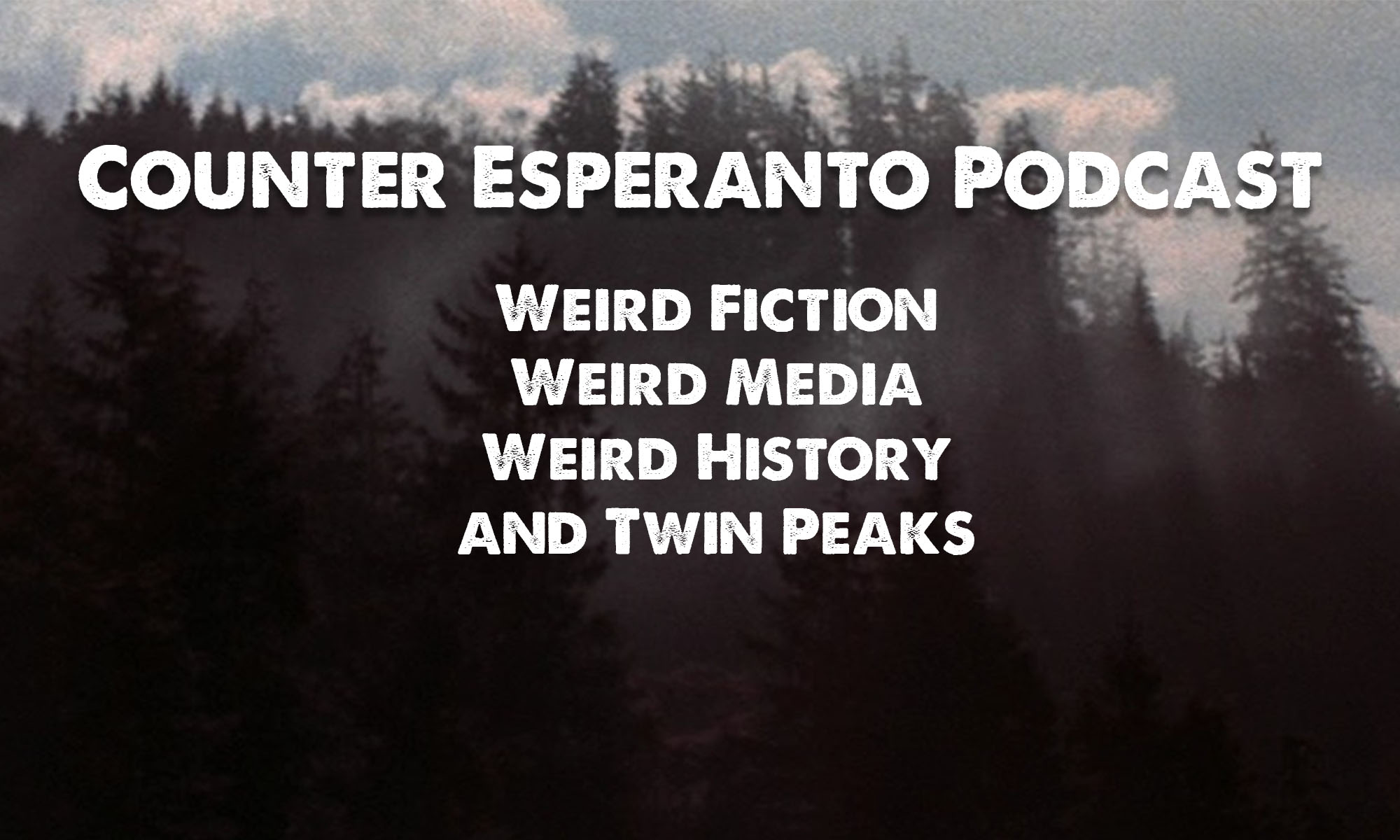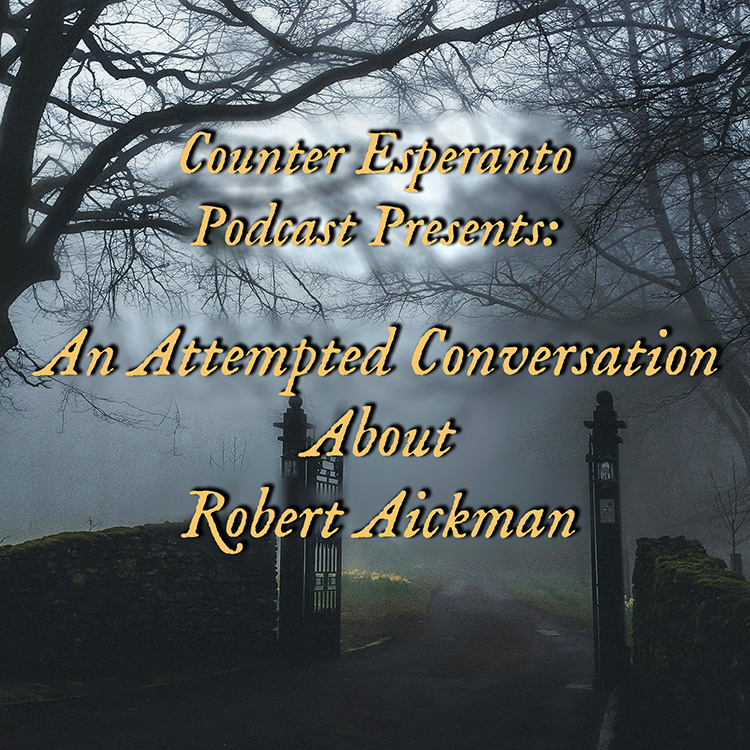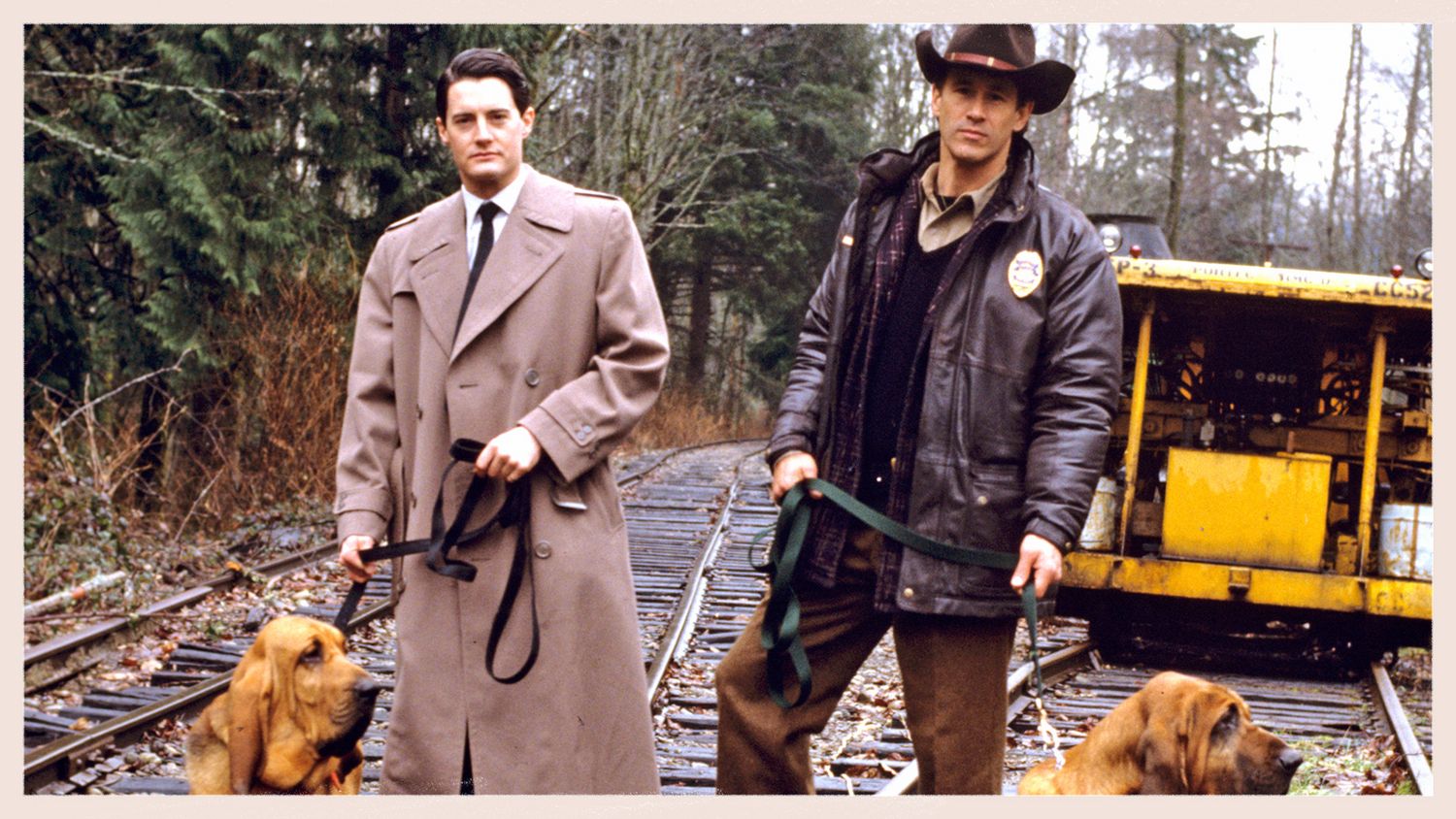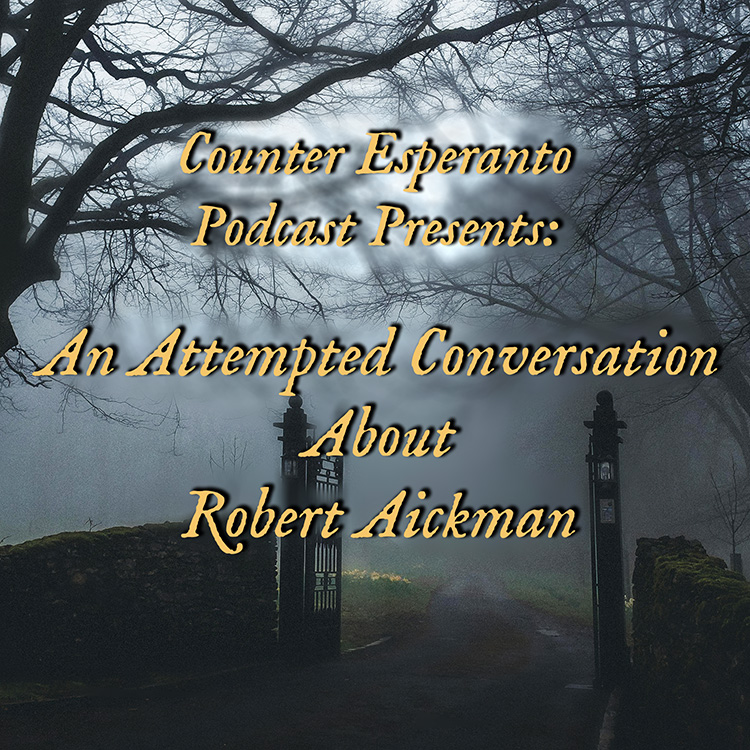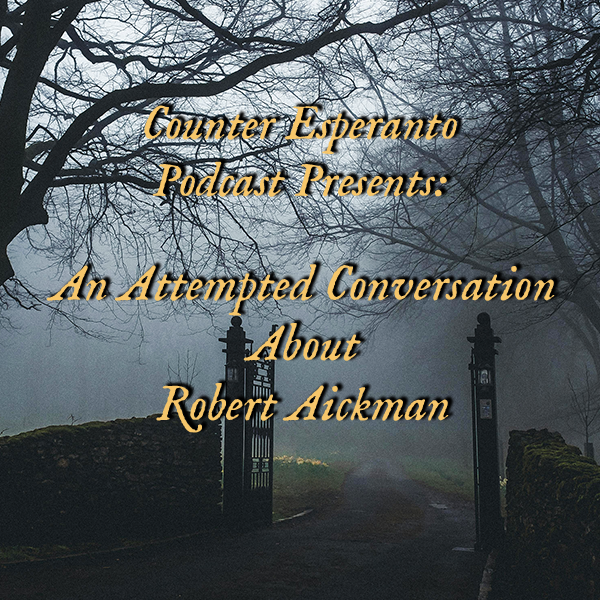Welcome to the fourth episode of our “Attempted Conversations about Robert Aickman” series. This time around, we were quite fortunate to be able to speak to author, songwriter, book collector and publisher, R.B. Russell. Ray has published several novels, novellas and collections of short stories, is the author of Robert Aickman: A Biography, and along with Rosalie Parker, runs the award winning Tartarus Press, which is a godsend to those of us who enjoy beautifully crafted editions of strange books.
When I asked him if there was an aspect or work of Robert Aickman’s that he felt was underappreciated, he immediately responded with Aickman’s late novel, Go Back at Once which wasn’t published in his lifetime.
Aickman himself said in one of his letters to Kirby McCauley that Go Back at Once is a deeply odd novel, even for him. Throughout its course, there’s very little that one could describe as “supernatural,” but there’s something of the transcendently weird, especially in the novel’s back half. The first portion of the book, however, feels like a send-up, if not a pastiche of what would now be termed a “Young Adult” novel: a story about two young women making their start in the world, and finding the world lacking. Then, they are whisked away to a strange land, which plays out a bit like a “fish-out-of-water” story like Alice’s Adventures in Wonderland or The Wizard of Oz.
Russell couldn’t have chosen a more apt work to discuss, especially as his biographer. The work is steeped in all of Aickman’s interests and predilections, from his devotion to the primacy of Art over all things, to his troubling and complex fascination with Fascism, and, as always, his facility to imbue the ordinary world with a deep sense of unease and the uncanny. This is heady stuff indeed!
Twin Peaks and David Lynch fans will also want to listen, because Russell is a big fan, and he has some very astute observations to make as to the spiritual (if not aesthetic) linkages between the two artists.
Podcast: Play in new window | Download
Subscribe: RSS
